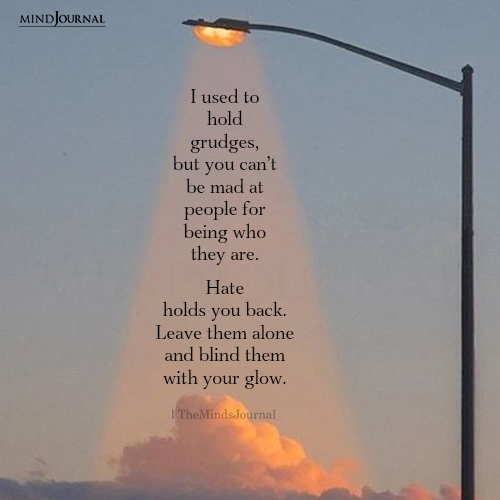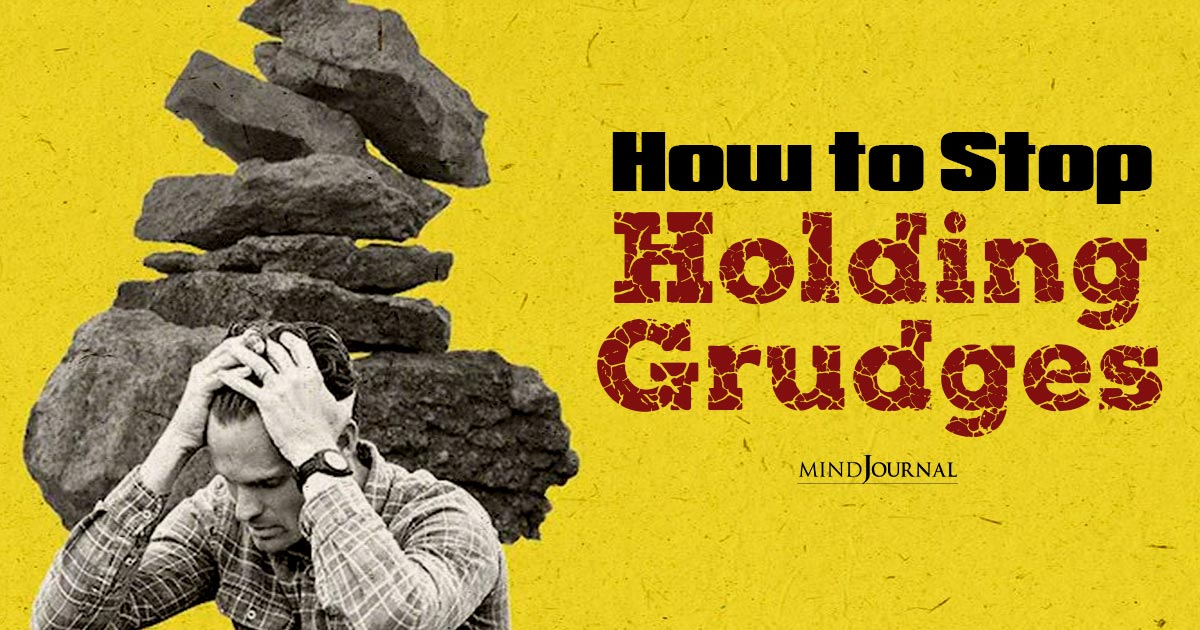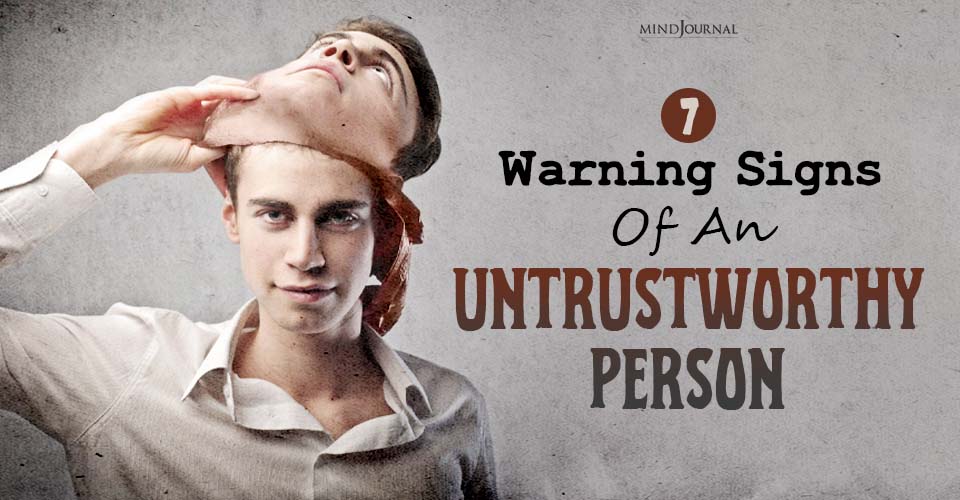Have you ever found yourself trapped in a web of negative emotions, unable to move forward due to a lingering grudge? Holding grudges can be like carrying a heavy burden on your shoulders, weighing you down and preventing you from experiencing true happiness and peace. So how to let go of grudges?
Today, we will explore the art of letting go and provide you with practical strategies to release the shackles of resentment. So, if you’re ready to embark on a journey of emotional freedom, read on and discover how to let go of grudges once and for all.
Understanding the Meaning of Holding Grudges
Holding a grudge refers to harboring persistent feelings of anger, resentment, or ill will towards someone who has wronged you in the past. It involves clinging to negative emotions and memories, often rehashing the hurtful event repeatedly in your mind.
Like an anchor, grudges hold us back from moving forward and rob us of the joy and peace we deserve.
Related: 3 Ways That Grudge Dumping Destroys Relationships

Why Do We Hold Grudges?
Why do we hang onto grudges, anyway? Why do we cling to resentments? Here’s the reasons behind it, understanding which can help us understand how to shake off that negativity –
1. Sense of Justice
One common reason for holding grudges is our innate desire for justice. When we feel wronged or betrayed, we want the other person to suffer the consequences of their actions. We hold onto the grudge as a way to ensure fairness, seeking validation for our pain.
2. Fear of Vulnerability
Holding grudges can also be a defense mechanism. By keeping our guard up, we avoid the risk of being hurt again. It allows us to create a protective barrier, shielding ourselves from potential harm.
3. Identity and Ego
Sometimes, holding grudges becomes intertwined with our sense of self. We may believe that letting go would diminish our pride or make us appear weak. Clinging to the grudge may serve as a way to validate our identity and maintain a sense of superiority. This is one of the most common answers to “why do we hold grudges?”
The Emotional Toll of Holding Grudges
Holding grudges can have a profound impact on our overall well-being and relationships. These negative emotions can consume our thoughts, affecting our mental and physical health. They can lead to increased stress, anxiety, and even depression.
Moreover, grudges can strain relationships, as the negativity seeps into interactions with others, creating a cycle of resentment.
Related: 8 Reasons Why You Should Forgive The People Who Hurt You

How to Let Go of Grudges
Grievances weighing you down? Let’s break free by learning some effective methods on how to let go of grudges and reclaim your peace –
1. Acknowledge and Accept
The first step towards letting go of grudges is to acknowledge and accept the pain caused by the hurtful event. Allow yourself to feel the emotions without judgment. Understand that it’s okay to be hurt, but also recognize that holding onto the grudge prolongs your suffering.
2. Shift Your Perspective
Try to shift your perspective and view the situation from a different angle. Consider the motives, intentions, or circumstances that may have influenced the person’s actions. This shift can help you realize that it might not have been entirely personal, freeing you from the grip of resentment.
3. Practice Forgiveness
Forgiveness is not about condoning or forgetting the hurtful actions; rather, it’s about freeing yourself from the emotional burden of the grudge. By forgiving, you let go of the negative energy and reclaim your power. Recognize that forgiveness is a gift you give yourself, liberating you from the chains of negativity.
4. Practice Empathy and Compassion
Cultivating empathy towards the person who wronged you can be a powerful tool for releasing grudges. Put yourself in their shoes, trying to understand their struggles, insecurities, and vulnerabilities.
By understanding that everyone makes mistakes and has their own struggles, you can transcend the hurt and find common ground with the person who wronged you.
5. Release Resentment through Communication
In some cases, engaging in open and honest communication with the person involved can be transformative. Express your feelings calmly and assertively, seeking understanding and resolution. This dialogue can pave the way for healing, reconciliation, and the release of pent-up resentment.
6. Nurture Self-Care
Taking care of yourself is essential in the process of letting go. Engage in activities that promote self-care and emotional well-being. This may include practicing mindfulness, journaling, engaging in physical exercise, or seeking support from loved ones.
Self-care empowers you to heal, grow, and move forward, leaving behind the weight of grudges.

7. Seek Professional Help
Letting go of deep-seated grudges can be challenging, and it’s okay to seek professional assistance. Therapists or counselors can provide valuable guidance, support, and personalized strategies to help you navigate the path of forgiveness and emotional liberation.
Related: How To Let Go Of Your Grudges and Resentments
Takeaway
Holding grudges only perpetuates a cycle of negativity, robbing us of joy, peace, and emotional well-being. But by embracing forgiveness and practicing strategies on how to let go of grudges, we can break free from the chains of resentment.
Remember, it’s a process that requires patience and self-compassion. So, take the first step today, and embark on a journey towards emotional liberation. Let go of grudges, embrace forgiveness, and pave the way for a brighter, happier future.
Frequently Asked Questions (FAQs):
Why do I hold grudges so much?
Grudges often stem from unresolved emotions, past hurts, or feeling unjustly treated, but letting go can bring relief and peace.
Can you forgive someone but still resent them?
Yes, forgiveness is possible while still feeling residual resentment. It’s about acknowledging the hurt while choosing to release its hold.
What holding a grudge says about a person?
Holding a grudge might reflect unresolved pain, difficulty in letting go, or a desire for justice or validation. It can strain relationships and hinder personal growth.










Leave a Reply